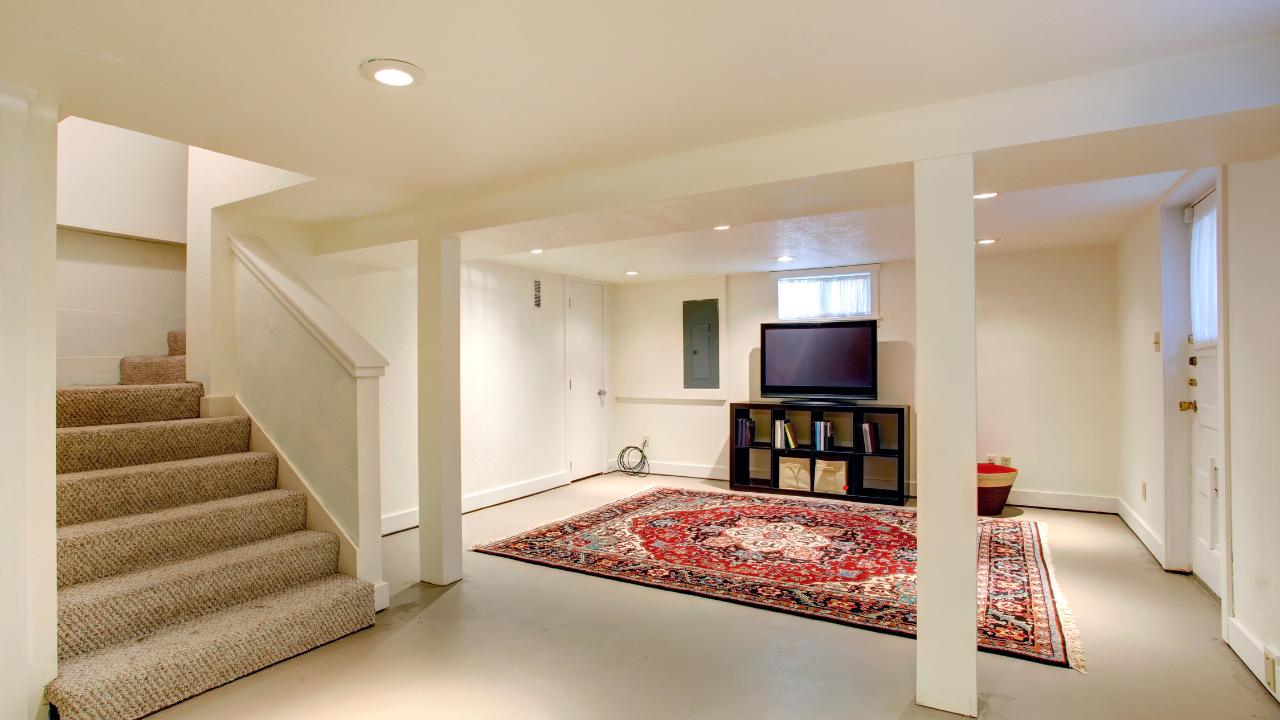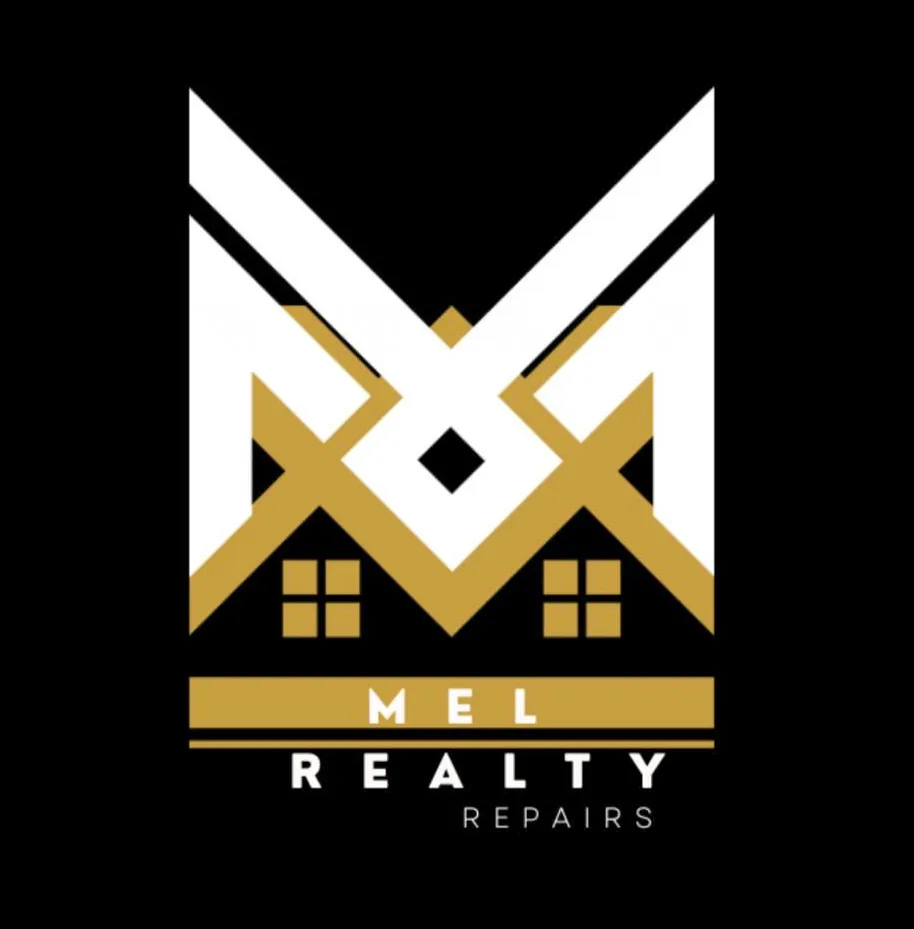
Basement Flooring Options: What Works Best Below Ground?
When it comes to transforming your basement into a functional, comfortable living space, the flooring you choose can make or break the project. Basements face unique challenges—like moisture, humidity, and temperature swings—that limit what materials can perform well below ground. If you’re planning basement refinishing in Knoxville TN, understanding the right flooring options will save you from costly mistakes later.
In this guide, we’ll break down the most practical flooring choices for basements, explain their pros and cons, and share how Mel Realty Repairs LLC, a trusted basement remodeling professional, approaches choosing materials that can handle the demands of below-ground environments.
1. Why Basement Flooring Is Different
Unlike main-level rooms, basements are prone to moisture seeping through concrete slabs or from small leaks. Even if your basement seems dry, humidity levels can fluctuate year-round, causing materials like hardwood or carpet to warp, swell, or grow mold.
That’s why the best basement flooring is:
Moisture-resistant or waterproof
Durable enough to handle foot traffic and potential flooding
Comfortable underfoot despite concrete subfloors
Easy to maintain over time
Before installation, it’s also important to seal cracks and use vapor barriers to reduce moisture infiltration.
2. Top Flooring Options That Work Below Ground
Luxury Vinyl Plank (LVP) or Tile (LVT)
Luxury vinyl has become a go-to choice for basements because it looks great, resists moisture, and is budget-friendly. It mimics real wood or stone but won’t warp or rot when exposed to damp conditions. The click-and-lock systems make it easy to install over concrete with minimal prep.
Pros: Waterproof, realistic textures, low maintenance
Cons: Can feel cold without underlayment
Ceramic or Porcelain Tile
For basements that might occasionally get wet, ceramic or porcelain tiles are a solid bet. They’re completely waterproof and available in countless designs. Pair them with radiant heating to offset the chill from concrete floors.
Pros: Long-lasting, water-resistant, stylish
Cons: Hard and cold underfoot
Engineered Wood Flooring
If you love the warmth and look of real wood, engineered hardwood is the best option for below-ground spaces. It’s more stable than solid wood and can tolerate light moisture—though it still requires a dry, well-sealed environment.
Pros: Elegant appearance, more resilient than solid wood
Cons: Not fully waterproof, can be pricey
Epoxy Flooring
Epoxy is ideal for homeowners seeking a sleek, modern finish that’s nearly indestructible. It seals concrete floors, resists water, and offers a glossy surface that’s easy to clean. Epoxy can also be tinted or patterned for a customized aesthetic.
Pros: Waterproof, durable, seamless look
Cons: Professional installation required, can be slippery
3. Flooring to Avoid in Basements
Not all materials can handle the challenges of a basement environment. You’ll want to steer clear of:
Solid hardwood: warps easily from humidity
Carpet: traps moisture, leading to mold or odor
Laminate: despite looking durable, it’s not truly waterproof
If you love the warmth of carpet, consider carpet tiles instead. They can be replaced individually if moisture damage occurs.
4. Case Study: Turning a Knoxville Basement into a Home Office
One Knoxville homeowner wanted to turn their unfinished basement into a stylish home office and guest area. The team at Mel Realty Repairs LLC recommended luxury vinyl planks for their waterproof qualities and comfortable texture. After sealing the concrete and adding a subfloor for insulation, the result was a warm, inviting workspace that could easily withstand Tennessee’s humid summers.
5. Choosing the Right Fit for Your Space
Selecting the right basement flooring comes down to balancing style, comfort, and durability. Think about how you’ll use the space—whether as a gym, entertainment room, or extra bedroom—and choose materials that meet both your aesthetic goals and functional needs.
If you’re uncertain which direction to take, consulting a basement remodeling professional can save you time and prevent future issues with moisture or uneven surfaces.
Final Thoughts
Your basement can be more than just storage—it can be a comfortable, finished extension of your home. By choosing the right flooring, you’ll create a beautiful, long-lasting space that adds value and versatility.
Ready to explore basement flooring options that last? Contact Mel Realty Repairs LLC today to get expert advice and start your basement transformation.
